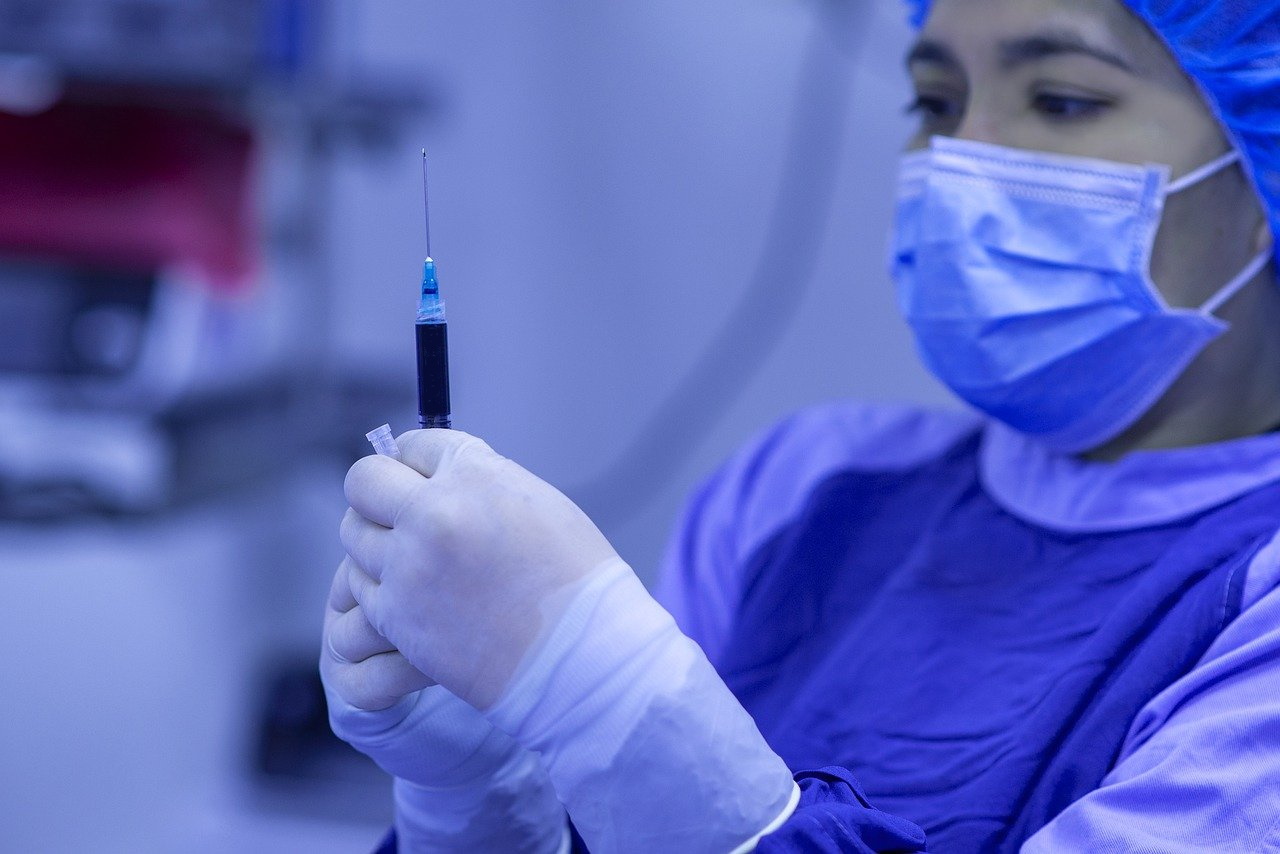A weekly round up of articles about employment, the labour market, skills training and workforce development. This week’s round up is drawn from The Daily Star. Here is the news for the week ending 10th December 2020.

This Week in the Bangladesh English News
…when are Covid-19 vaccinations coming? Why is a strike stopping many routine vaccinations? There are loans to boost micro businesses; a novel incentive program to encourage tax compliance; as well as a insight into why manufacturers are not maximizing production of high-end garments.
Education and Labour Market
The health assistants tasked with administering vaccines have been on strike since 26 November. The approximately 26,000 assistants across Bangladesh are demanding better pay before they will continue routine vaccinations for tuberculosis, polio, etc. Moreover, the Covid-19 vaccination could be disrupted by the strike. The director of the Expanded Programme on Immunisation at the Directorate General of the Health Services, Shamsul Haque Mridha, said, “We agreed to their demand. We have placed a proposal to the health ministry, which has assured us of considering the matter. We hope the issue will be resolved this time.”
Various groups of protestors outside the Jatiya Press Club were dispersed by police. The mostly garment workers and teachers, who had been occupying the sidewalk outside for months, say they were set upon by police with batons, tear gas and water cannons in the early morning hours on Monday after they did not comply with police orders to leave. Police said they acted because the Dhaka Metropolitan Police commissioner recently said no meetings and rallies could be held in front of the Jatiya Press Police without prior permission.
Financial Services
The Asian Development Bank said it will lend $50 million to microbusinesses in Bangladesh to support businesses affected by the pandemic. The money will add to its Microenterprise Development Project, started in 2018, which made $50 million in credit available through the Palli Karma Sahayak Foundation.
As part of efforts to increase tax revenue, the National Board of Revenue (NBR) announced a lottery system whereby customers can enter by collecting receipts from special cash registers called “Electronic Fiscal Devices” (EFD). The NBR has installed some one thousand or more EFDs in businesses since August to ensure the state can collect value added taxes (VAT) from sales. To encourage customers to monitor EFD use, customers will be entered into a monthly lottery for cash prizes. The first prize is 100,000 taka. “We are considering conducting the lottery from next month,” said Bashir Ahmed, first secretary to the NBR.
Business, Investments, Trade and Growth
Bangladesh garment manufacturers maintain they need another stimulus package because the industry continues to have fewer work orders. The Bangladesh Garment Manufacturers and Exporters Association’s president, Rubana Huq also said the repayment period for loans from the first stimulus package should be extended from six months to one year, and she said the payback period should be extended from one year to five years.
Bangladesh is failing to cash in on the high-end garment industry for a number of reasons according to a Daily Star report. Overall, there’s a lack of investment in the necessary skilled labour and advanced technologies. And, to produce expensive products requires a lot of capital: Sharif Zahir, managing director of Ananta Group Ltd, exports high-end goods, but he said that only now, after three years, is he expecting to make a profit. Additionally, many high-end garments require man-made fibres, but Bangladesh manufacturers primarily work with cotton – about 80 percent of garment items manufactured in Bangladesh are cotton.
The addition of an electric train line from Dhaka to Jashore utilizing the Padma Bridge would cost up to $525 million, said a study. The study was conducted by China Rail Link Group, the contractor for Padma Bridge Rail Link Project. If the train line is built, it would be the first electric train line in Bangladesh. Currently, Bangladesh uses diesel trains, but Bangladesh Railways officials have said electric trains would be an improvement because they are more environmentally friendly and reduce operational and maintenance costs. In related news, the last span of the Padma Bridge is being installed. Although, other work on the bridge will continue for an estimated 15 months.
Bangladesh signed its first Preferential Trade Agreement with any country. The agreement was signed with Bhutan on 6 December and takes effect immediately. As a result, Bangladesh now enjoys duty-free privileges for 100 goods, and Bhutan enjoys duty-free privileges for 34 goods.
Farmers and Agriculture
The Bangladesh government could import as much as 5 lakh tonnes of rice this fiscal year to meet its target foodstock. Moreover, because farmers had reduced yield this year, the government may employ its foodstock to curb a spike in the price of the grain.
Other News
Directorate General of Health Services (DGHS) officials have said that Bangladesh expects to buy 68 million doses of a Covid-19 vaccine from the vaccine alliance Gavi and 30 million doses of the Oxford-AstraZeneca vaccine from the Serum Institute of India. They predict the first shipments will arrive in February. Officials have not said, however, who will be vaccinated first, and conversely, this week an international alliance said that nine out of 10 people in 70 low-income countries are unlikely to be vaccinated for Covid-19 in 2021 because the majority of the vaccines are being bought by the richest countries.
In related news, the World Health Organization said it does not recommend countries make the vaccine mandatory.